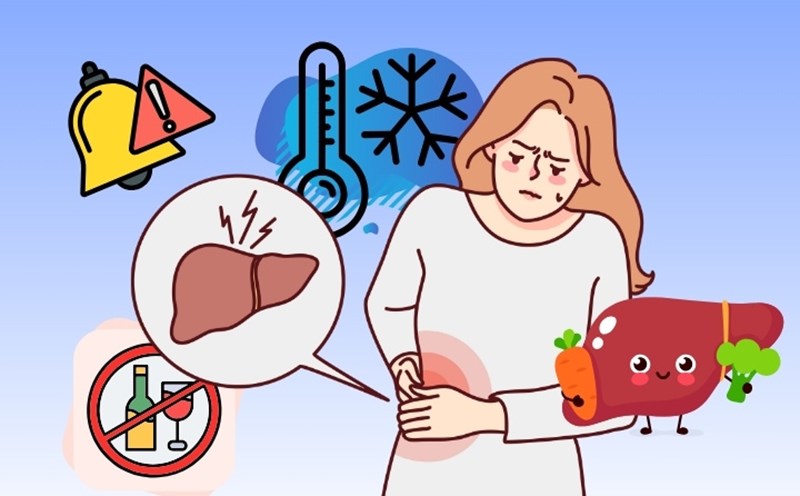Many busy people have difficulty maintaining balanced meals due to long travel distances, work and family responsibilities. Many times, they skip breakfast or lunch to have a full and well-planned dinner. However, recent studies have shown that the time to eat can be as important as what you eat.
Eating with circadian rhythm supports overall health
The concept of "nourishment over time" or chrononutrition studies how the time of eating affects metabolism through circadian rhythm. circadian rhythm regulates sleep, body temperature, and alertness. Eating in sync with your circadian rhythm can help you lose weight, control blood pressure, blood sugar and improve sleep.
adjusting your meal time to your circadian rhythm helps reduce the risk of chronic diseases like diabetes and high blood pressure, while improving sleep and overall health, says Dr. Lisa Young, visiting professor of nutrition at New York University.
What are the benefits of shorter food windows?
According to Dr. John Hawley, Director of the Human Performance and Metabolism Center, Australian Catholic University, shortening your eating time from 1pm to 10 - 11am per day is especially beneficial for obese people and type 2 diabetes. He emphasized: "A time-restricted diet is not like intermittent fasting. Eating within reasonable hours helps maintain normal circadian rhythm, without disrupting metabolism".
Hawley explains that in the evening, blood sugar levels are often high. If you eat late at night while the body is resting, sugar levels will remain high, increasing the risk of diabetes and obesity. Eating dinner earlier helps control sugar levels and supports heart health.
To maintain a regular circadian rhythm and meal, Dr. Young recommends: "If you sleep from 11pm to 7am, eat breakfast about 8 - 9am. Avoid skipping lunch and limit snacking before bed. Choose protein-rich foods over foods high in carbohydrates or fat in the evening."











